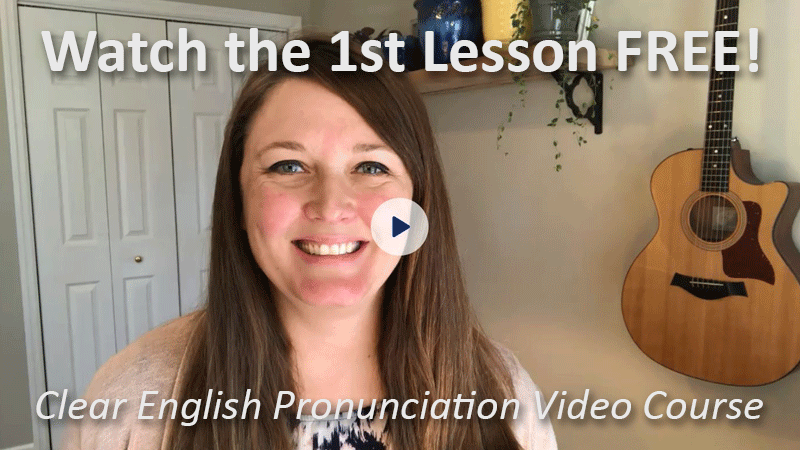Is texting ruining your English? According to a poll taken by Kaplan International, 63% of English language learners don’t think so. The good news is that world-renowned linguist David Crystal doesn’t think it’s had a negative effect on language either. In an article written for The Guardian in 2008, here is a sample of what David Crystal had to say:
“People think that the written language seen on mobile phone screens is new and alien, but all the popular beliefs about texting are wrong. Its graphic distinctiveness is not a new phenomenon, nor is its use restricted to the young. There is increasing evidence that it helps rather than hinders literacy. And only a very tiny part of it uses a distinctive orthography. A trillion text messages might seem a lot, but when we set these alongside the multi-trillion instances of standard orthography in everyday life, they appear as no more than a few ripples on the surface of the sea of language. Texting has added a new dimension to language use, but its long-term impact is negligible. It is not a disaster.”
Since texting and use of abbreviations online is here to stay, make sure you know the following acronyms commonly used on social media and in texts:
English Texting Abbreviations and Acronyms
<3 – love (Do you see the heart?)
2 – to/too/two
4 – for
b4 – before
bc – because
brb – be right back
btw – by the way
fb – facebook
fwd – forward
gr8 – great
idk – I don’t know
ily – I love you
imo – in my opinion
jk – just kidding
kewl – cool
lmao – laughing my ass off (an idiom for really strongly laughing)
lol – laughing out loud
omg – oh my god
plz – please
ppl – people
re – reply
tbt – throwback Thursday (a day when people post old pictures of themselves or others)
thx – thanks
ttyl – talk to you later
u – you
For more information on statistics related to texting and English language learners, check out this killer infographic from Kaplan.



